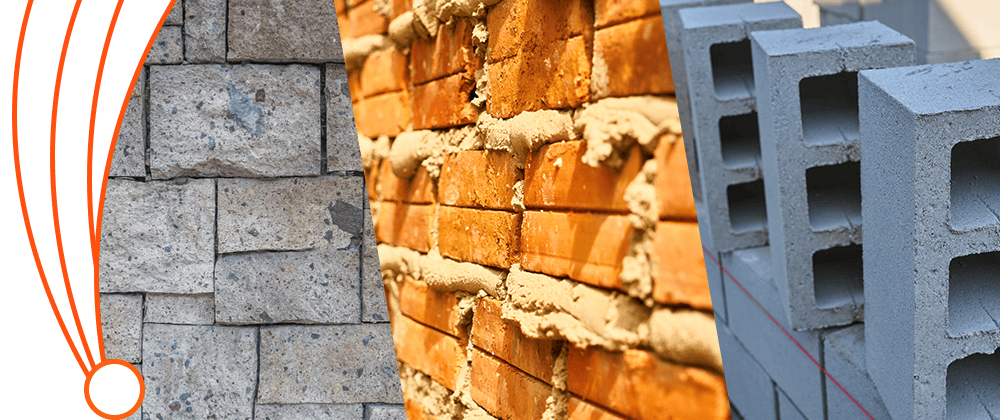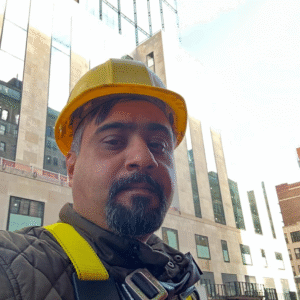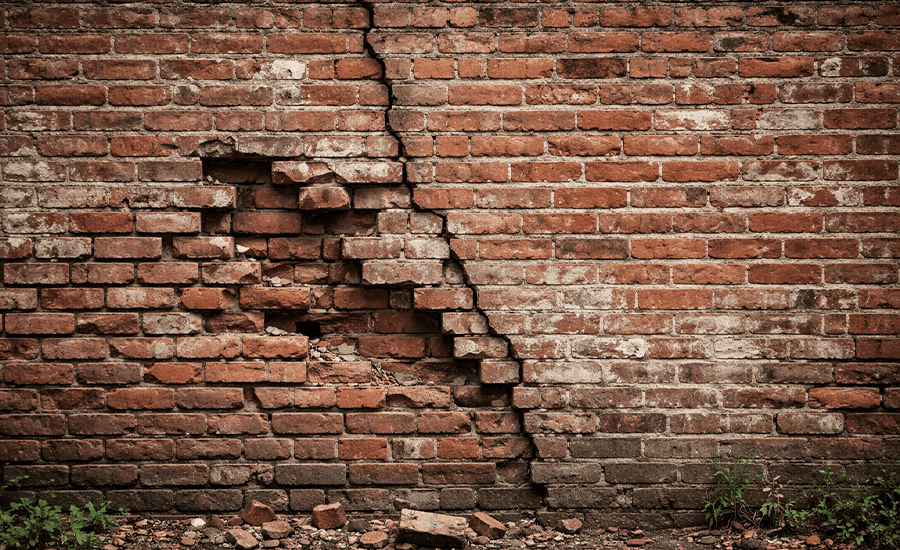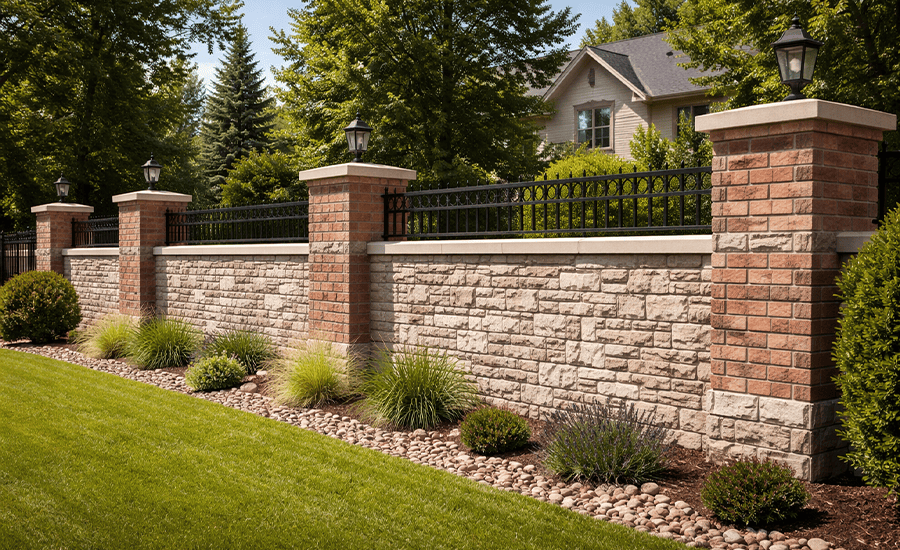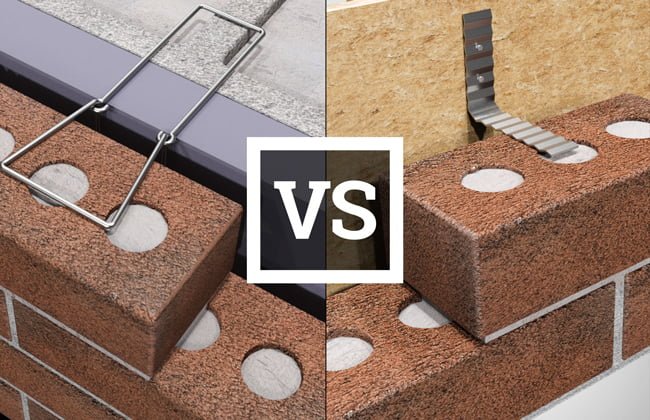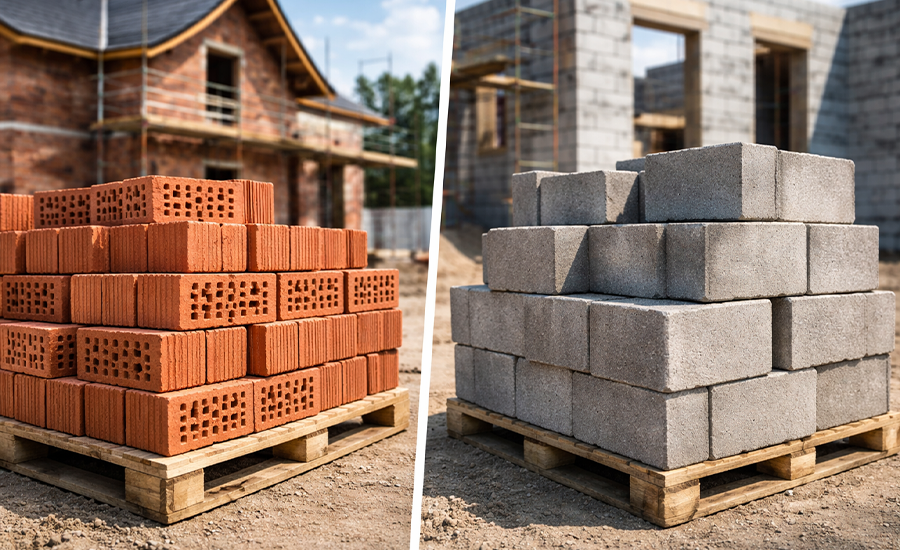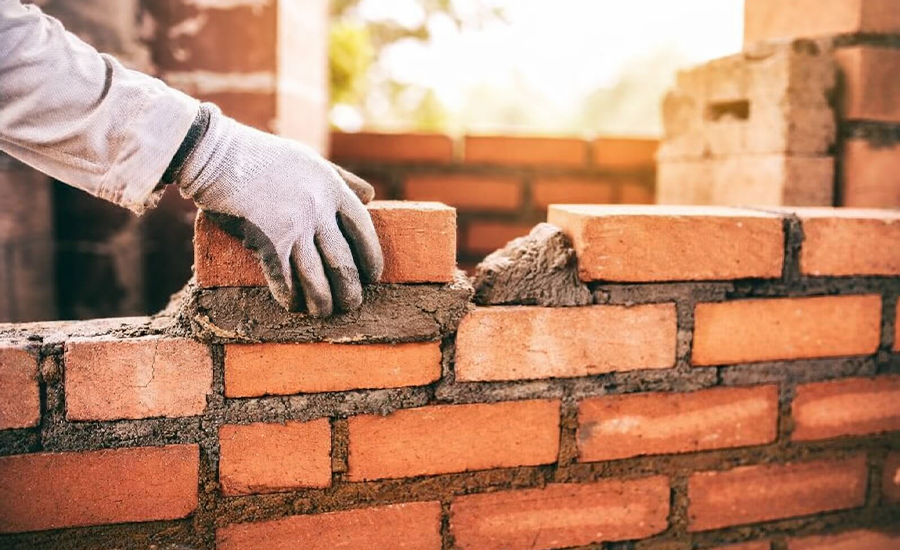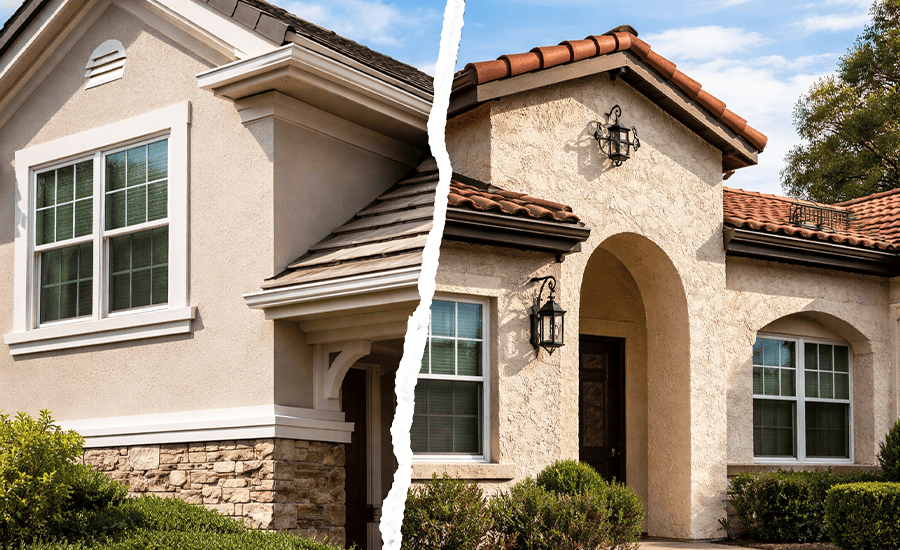Construction is the most crucial job to be done, and it needs precision and attention to detail. Masonry work involves the enhancement of architectural features and the stability of your structure. Be it a historic or modern structure, masonry repairs and restoration can help you regain the structural soundness of your property. In this way, finding a professional and licensed contractor is a serious task. Make sure to hire a masonry contractor with a good portfolio and excellent past services. Choose your masonry contractor wisely, as good work and finishes enhance the structural integrity and value.
In this blog, you’ll get the step-by-step guide on how to find and hire a professional masonry contractor who understands your property’s demands:
Step 1: Define your Property Objectives
Clearly make up your mind about your project demands and ask yourself the following questions:
- Is your property asking for repairs & restorations?
- Do you want to install some new masonry units?
- Do I want to revive my historical masonry?
- What should be my budget?
- At what time do I want my project to be executed?
For detailed insights on preserving older structures, you may check our blog is brick repointing structural?, which explains how pointing supports long-term stability.
Step 2: Look Into a Qualified Contractor
Seek recommendations for contractors and short five among them:
- Recommendations: ask your friends and family for the masonry contractors whom they have worked with.
- Regional Listings: seek local registrations for contractors in your area.
- Online Platforms: search their Instagram and Facebook accounts.
Step 3: Assess Expertise
Make sure to look for the following credentials:
- Accreditations: The contractor should be licensed and certified.
- Safety Guarantee: he must have insurance & safety guarantee.
- Industry Knowledge: he must have good experience in the masonry work related to your needs.
- Work Samples: ask for his portfolio and the work he did in the past.
Understanding weather-related impacts also shows a contractor’s expertise, as discussed in how does freeze-thaw cycling affect brick pointing longevity?
Step 4: Go Through Client Feedback
Look for the testimonials, reviews, and client feedback to ensure the contractor’s credibility:
- Is the contractor punctual?
- Did he give affordable quotations?
- Is he professional enough to communicate?
- Have you faced an issue regarding your project execution?
Many homeowners in Queens face salt-related wear, which we covered in how does coastal salt exposure affect brick pointing in queens?
Step 5: Request Price Bid
Always state quotations from at least three contractors to find the different rates:
- Project Outline: What exactly is included in their proposal?
- Construction Resources: Are they using high-quality bricks, stones, or mortar?
- Budget Estimate: Is the cost broken down by labor, materials, and other expenses?
- Project Duration: How long will the project take from start to finish?
Material choice is critical, and our blog what is the best material for brick pointing? highlights which mortars last longest.
Step 6: Inquire Wisely
Make sure to seek important details about the contractor and pose these essential questions:
- Are you an experienced or a fresh contractor?
- What’s your specialty in handling, modern or historic?
- How many projects have you done before?
- Do you offer a workmanship guarantee?
- Will you provide a written contract before starting work?
Historic brownstones in Brooklyn especially need care, explained in can brooklyn homes withstand the effects of nyc winters with proper brick pointing?

Step 7: Scrutinize Terms & Conditions
Go over and over the terms and conditions to analyze the fine print of the contractor demands:
- Servicing details
- Materials usage
- Execution time
- Completion timeframe
- Advanced payment or after completion
- Craftmanship Warranty
- Site cleaning after work
Step 8: Track Work Advancement
Make sure to be involved in the project throughout the process:
- Stay in touch with the contractor
- Ask for material usage at every step of the project
- Look over the project duration
Step 9: Inspect the Final Work
Check the following issues before the contractor hands over the work to you:
- Cohesive appearance and finishing of mortar joints
- Precise placement of bricks
- No repairs should be needed for the long term
- No risk of water damage
- The work area should be mess-free
To understand how moisture harms properties, see why is brick pointing critical for protecting bronx structures from water damage?
Step 10: Check Finished Results
Make sure the service life of the masonry is extended with excellent outcomes:
- Ensure regular upkeep
- Clearing gutters & checking drainage problems
- Prompt repairs to the damage
Final Thoughts
Ultimately, following the above steps will help you find a reputable masonry contractor. By reviewing the capabilities of the contractor and its previous works, it makes it easy for you to hire the best professional for your masonry repairs and restorations. Make sure your contractor uses the premium-grade material to bring out the best masonry outcomes and increase the value of your property.
Sardar Restoration Corp. proudly serves every corner of NYC, including the Bronx, Manhattan, Brooklyn, Westchester, and Queens. Our services are designed to meet your needs, providing top-quality solutions wherever you are. Check our service areas to see how we can assist you in your location.
Contact us today at (+1) 917-355-8556 or sardarrestoration@gmail.com, or visit us at 2770 Fish Ave, Bronx, NY 10469, United States.
FAQs
Do you handle both small repairs and large masonry projects?
Yes! Sardar Restoration Corp. handles both small and large-scale repairs and restoration projects, catering to all sizes of projects.
Can you work with historic or older buildings?
Yes! Sardar Restoration Corp. works with historic buildings, ensuring that they preserve their authenticity and structural soundness.
Do you provide free estimates?
Sardar Restoration Corp. provides free estimates that suit your budget. Make sure to ask for the detailed breakdown of labor, materials, and timelines.
Do you help with permits if needed?
Yes! Our contractor helps you with the permit process if needed, especially for larger construction or structural repair projects.
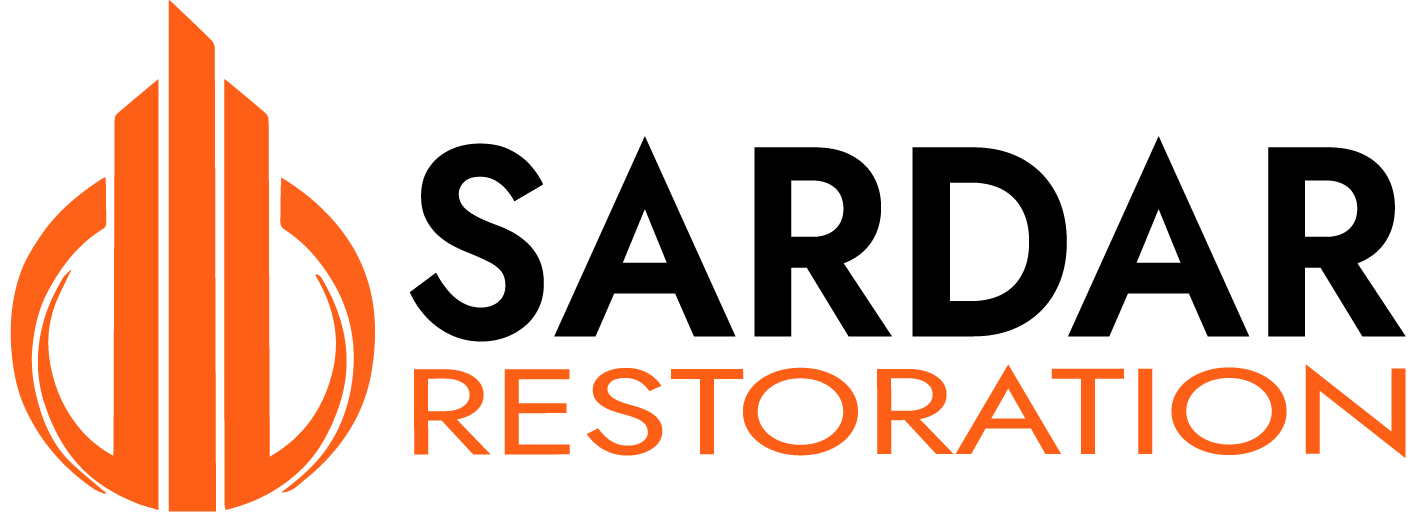
Transform your home with expert masonry services. Contact us today for a free consultation.
